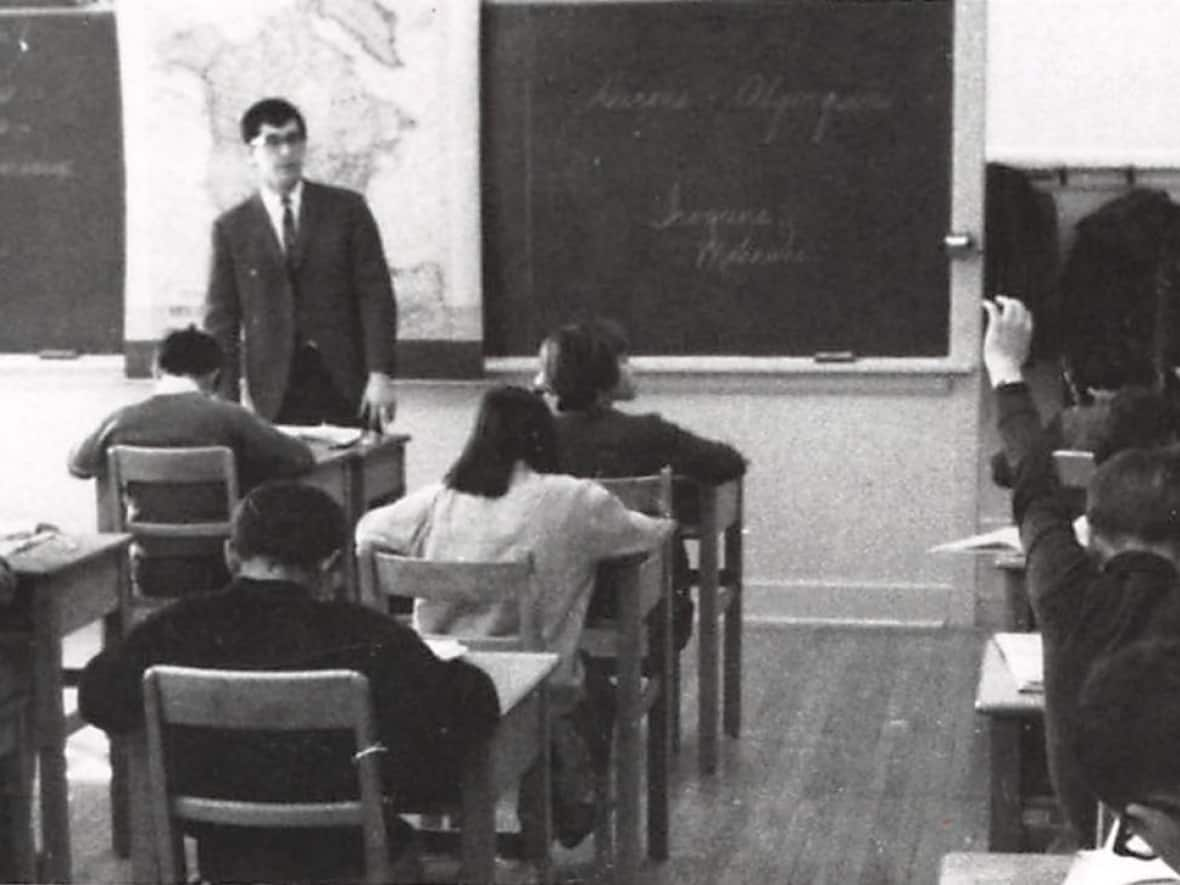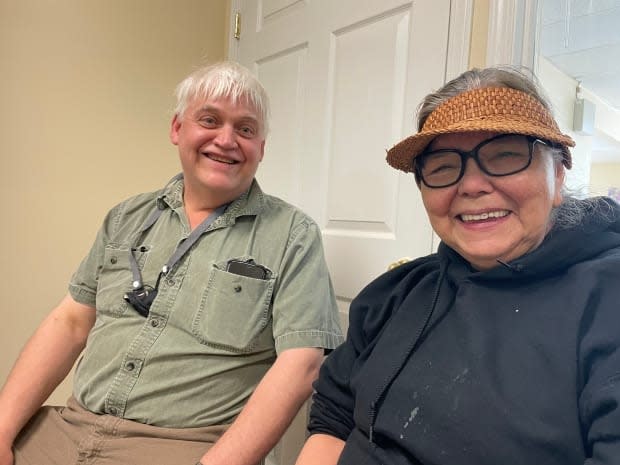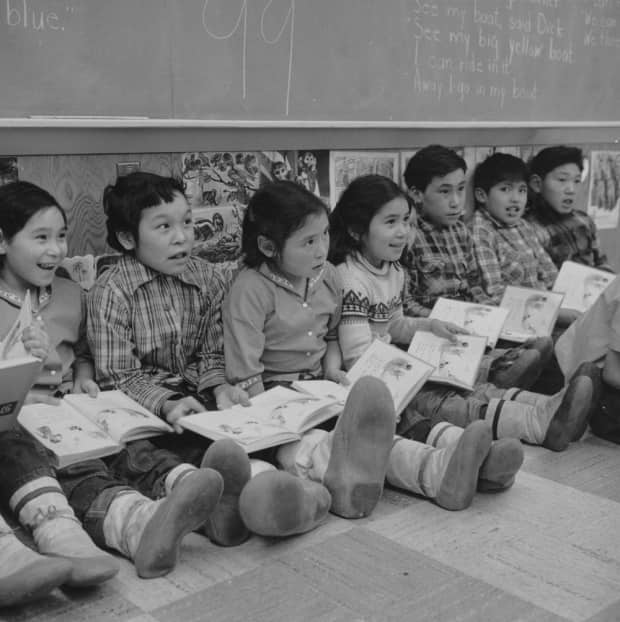Indian day school survivors urged to file compensation claims as deadline nears

WARNING: This story contains distressing details.
Only a few weeks remain for Indian day school survivors to file a compensation claim with the federal government, and B.C. advocates are urging those who haven't yet done so to share their stories and file a claim.
More than 600 day schools were operated in Canada for more than 100 years. The so-called schools were similar to residential schools, where students faced abuse and the goal was to erase Indigenous language and culture.
However, because they were run separately from residential schools, day schools weren't included in the Indian Residential Schools Settlement Agreement in 2006.
In 2019, Canada signed a $1.47-billion settlement with thousands of former students at the day schools that operated across Canada between 1863 and 2000. The deadline to submit a claim for compensation through that settlement is July 13, although claimants with exceptional circumstances can apply for a six-month extension.
Arnie Nagy, an advocate with the Prince Rupert Unemployed Action Centre, has helped hundreds of people file claims, and he says many of them have been successful.
"I've had one client, her and her husband got their compensation cheques and they've been renters their whole life. When they got the cheque, they're now homeowners," he said.
Others have been able to set money aside for retirement or do much-needed repairs on their homes, according to Nagy.

Nagy takes two days to go over the claim process with clients; on the first day, he explains how it all works, and on the next he ensures they're mentally prepared to detail their experiences before they actually fill out the forms.
"On many occasions what happened to them in school, this is the first time that they've ever spoken about it," Nagy said. "None of their families even heard or knew about what had happened."
Day school survivor Pansy Collison attended a facility in Old Massett in the mid-1950s. She says she faced physical abuse, including having her pinky finger broken.
"As a teacher myself for 23 years, I often wonder how our parents weren't involved in the decision making at the school," she said.
"I communicated with parents and everything about their child. But that's something that never happened with me as a child."
Having already gone through the process of applying for compensation, she recently helped her husband submit his story, and encourages others to do the same.
"It [is] about time that the day school experience was acknowledged," she said.

Compensation is on a tiered system for harms suffered, from level one to level five, ranging from $10,000 to $200,000. Survivors making claims for levels two to five need to write a statement disclosing details of the abuse they suffered.
Nagy is urging survivors to file their claims and said he will work through the nights to ensure survivors in his region can file in the coming weeks.
He said he had a client who was initially promised the full $200,000, the highest level of compensation, but was later told he'd only receive $10,000 — the lowest level.
Nagy said he got involved and told the settlement's claims administrator, Deloitte, they would not accept the decision.
"Six weeks later he phoned me and he got his full compensation cheque," Nagy said.
The Indian Residential School Survivors Society (IRSSS) says it has staff ready and available to assist survivors with their applications for Indian Day School compensation claims. Survivors are encouraged to contact the society to get assistance.
Support is available for anyone affected by their experience at Indian or federal day schools, and those who are triggered by these reports. Individuals can access immediate mental health counselling and crisis intervention services at the Hope for Wellness helpline by calling 1-855-242-3310 or online at www.hopeforwellness.ca.


